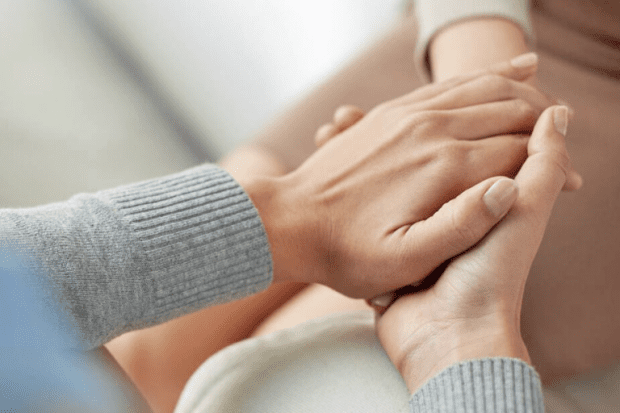What is the Impact of War on Young Minds?

War affects children just like it makes an impact on adults, but in many different ways and higher intensities. Children are dependents. They rely on the attention, care and empathy of an adult who loves them. But these adults who love them, their parents, are sometimes lost to death, are occupied to provide for the basic sustenance of the family or they themselves could be mentally incapacitated to provide the right emotional support to their child at the time of war.
Due to all these reasons, the child could be taken in by a substitute guardian as in a relative or an orphanage, who cannot provide them with the same amount of love and care that the parent can.
Loss of Adult Protection

Children in a war affected area are far more adversely affected than an adult. The war affected children often find themselves in refugee camps taken care of by strangers, faced with a loss of parent protection for certain period of time or for life.
They also lose their right to education during the war, waiting for their normal life to resume with or without their parents. The loss becomes greater if the war has posed physical challenges to the child in the form of disability of sight, limb or cognitive capacity, which further reduces his chance to resume a normal social life or schooling in future.
Lost Potential

A girl child physically abused during the war situation is marginalized socially in many countries and loses an opportunity to find a suitable partner for marriage. The true potential of the child is lost under the impact of the war faced by her. These war situations also give rise to the increase in the transmission of sexual diseases such as AIDS.
Since, children are the most vulnerable and fragile, they succumb to the direct violence exposed to them in the war. Even if they survive, they still sustain war injuries. Different types of weapons cause different types of injuries to a child rather than an adult, especially a landmine explosion.
Millions of them also end up disabled with no access to proper rehabilitation centers. A child might have to wait for years before getting a substitute for a lost limb, while the body growth continues at its own pace.
Mental and Physical Suffering

The basic conditions for a healthy child’s growth such as water safety, nutrition, sanitation, health services and housing are compromised during the war. Usually the war affected children lose their immunity to diseases, as there is a constant mobility from one place to another.
They are generally left malnourished and prone to infections. The child mortality rate thus increases by all these factors. The mental impact on the child’s mind due to excessive exposure to terror and horrors of the war result in creating post traumatic stress disorder. Depression and anxiety become a constant phenomenon in a war affected child’s life, as they have suffered severe losses and disruptions in their family.
Moral Impacts of the war
The war affected children’s situation is prolonged even further in the refugee camps, where they are again exposed to violence and privations. They start questioning their own existence in the world around them that is so indifferent to their suffering. As a result most of them start engaging in malpractices such as stealing, lying or selling sex to survive in the post war world.
The moral ethics structured in their minds are further altered as killing becomes a legal part of their training at the military forces. They are turned into child soldiers as they fight for not only their own survival, but also for the lives of their countrymen. They lose themselves from the community and culture that they have been brought up in, resulting in another social loss situation.
Protective Strategies

Now that the children have already found themselves facing the war, how do we help them heal after it’s over?
- Every country should frame a humanitarian law in order to protect their children after the war. They should be supplied with basic amenities such as clothing, food, education, medicine and a reunion with their family members.
- Children under the age of 18 should not be enrolled into the armed forces by law even after the war.
- The refugee camps for children with families should have facilities for education and play.
- Sexual exploitation of children, especially girls need to be handled strictly. This may involve the help of peace keeping forces, reporting the rape cases promptly and prosecution of the crime against humanity.
- Children should be given access to health care services and their immunization should be increased post war.
However, the compliance to the above mentioned strategies and advice is still not strict especially with respect to recruiting children in the armed forces after the war.
